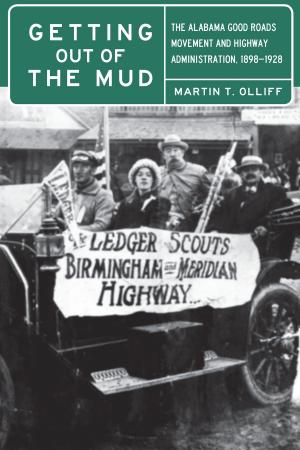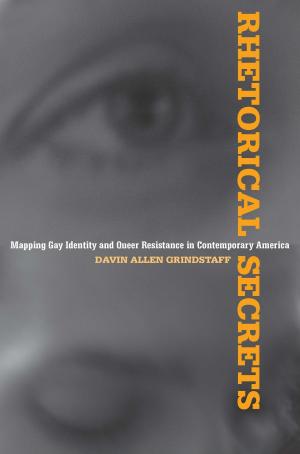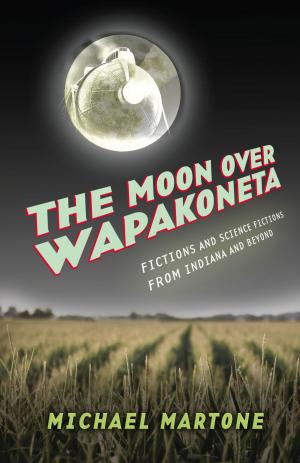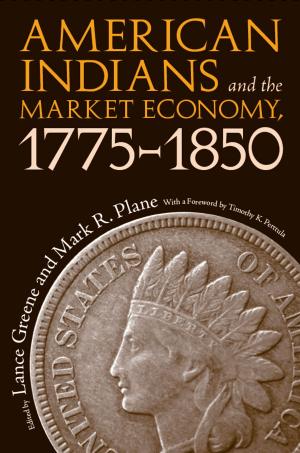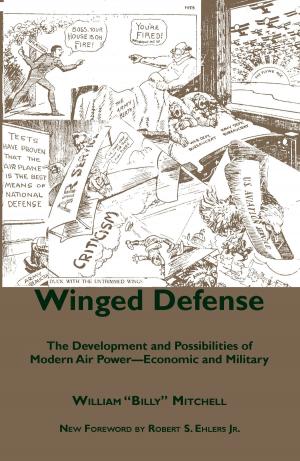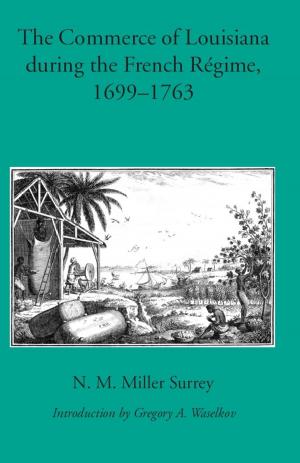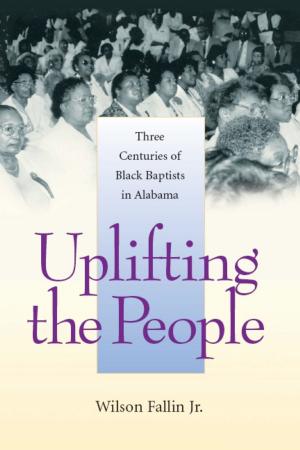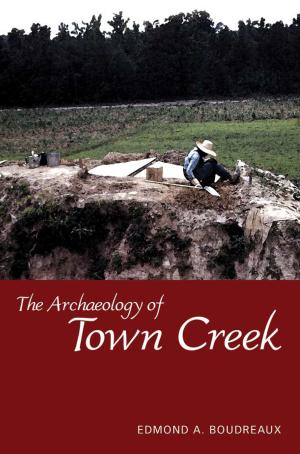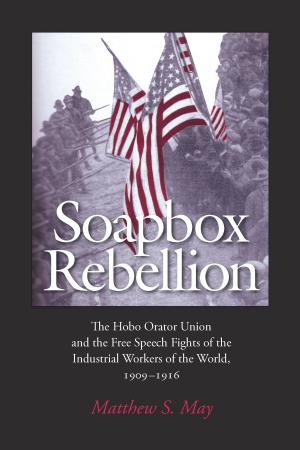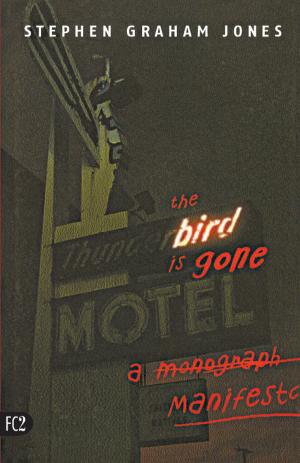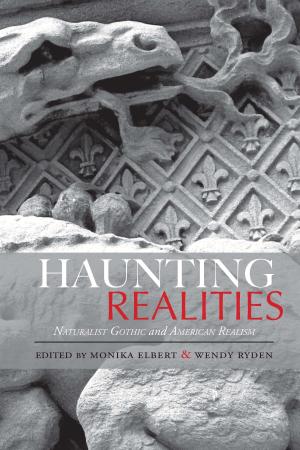Enduring Legacy
Rhetoric and Ritual of the Lost Cause
Nonfiction, Reference & Language, Language Arts, Public Speaking, Rhetoric, Communication| Author: | W. Stuart Towns | ISBN: | 9780817385811 |
| Publisher: | University of Alabama Press | Publication: | January 9, 2012 |
| Imprint: | University Alabama Press | Language: | English |
| Author: | W. Stuart Towns |
| ISBN: | 9780817385811 |
| Publisher: | University of Alabama Press |
| Publication: | January 9, 2012 |
| Imprint: | University Alabama Press |
| Language: | English |
Normal0falsefalsefalseMicrosoftInternetExplorer4
Rhetoric and ritual commemorating war has been a part of human culture for ages. In Enduring Legacy*,*W. Stuart Towns explores the crucial role of rhetoric and oratory in creating and propagating a “Lost Cause” public memory of the American South.
Enduring Legacy explores the vital place of ceremonial oratory in the oral tradition in the South. It analyses how rituals such as Confederate Memorial Day, Confederate veteran reunions, and dedication of Confederate monuments have contributed to creating and sustaining a Lost Cause paradigm for Southern identity. Towns studies in detail secessionist and Civil War speeches and how they laid the groundwork for future generations, including Southern responses to the civil rights movement, and beyond. The Lost Cause orators that came after the Civil War, Towns argues, helped to shape a lasting mythology of the brave Confederate martyr, and the Southern positions for why the Confederacy lost and who was to blame. Innumerable words were spent—in commemorative speeches, newspaper editorials, and statehouse oratory—condemning the evils of Reconstruction, redemption, reconciliation, and the new and future South. Towns concludes with an analysis of how Lost Cause myths still influence Southern and national perceptions of the region today, as evidenced in debates over the continued deployment of the Confederate flag and the popularity of Civil War re-enactments.
Normal0falsefalsefalseMicrosoftInternetExplorer4
Rhetoric and ritual commemorating war has been a part of human culture for ages. In Enduring Legacy*,*W. Stuart Towns explores the crucial role of rhetoric and oratory in creating and propagating a “Lost Cause” public memory of the American South.
Enduring Legacy explores the vital place of ceremonial oratory in the oral tradition in the South. It analyses how rituals such as Confederate Memorial Day, Confederate veteran reunions, and dedication of Confederate monuments have contributed to creating and sustaining a Lost Cause paradigm for Southern identity. Towns studies in detail secessionist and Civil War speeches and how they laid the groundwork for future generations, including Southern responses to the civil rights movement, and beyond. The Lost Cause orators that came after the Civil War, Towns argues, helped to shape a lasting mythology of the brave Confederate martyr, and the Southern positions for why the Confederacy lost and who was to blame. Innumerable words were spent—in commemorative speeches, newspaper editorials, and statehouse oratory—condemning the evils of Reconstruction, redemption, reconciliation, and the new and future South. Towns concludes with an analysis of how Lost Cause myths still influence Southern and national perceptions of the region today, as evidenced in debates over the continued deployment of the Confederate flag and the popularity of Civil War re-enactments.

